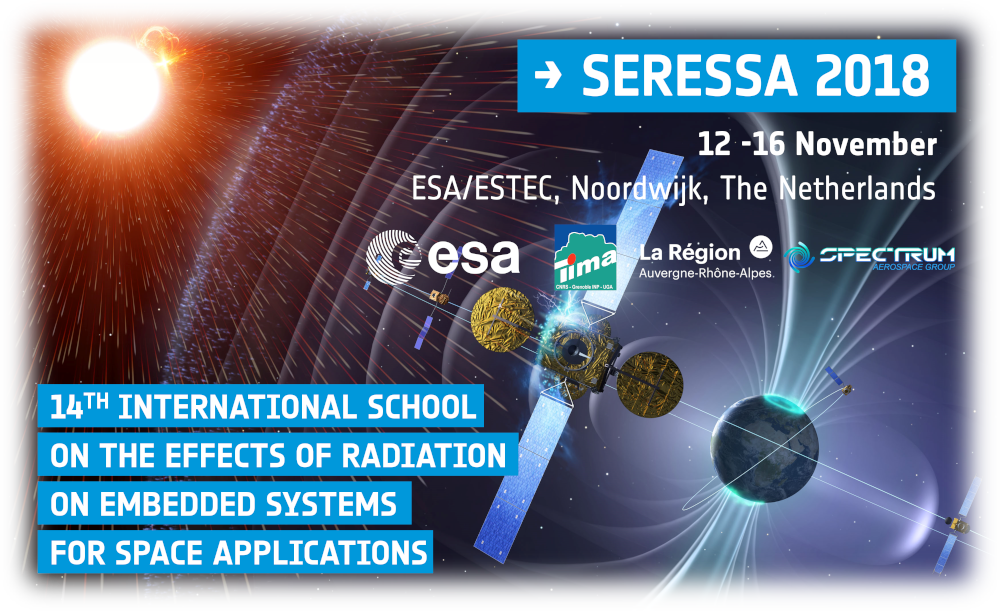The fundamental mechanisms responsible for non-destructive and destructive
Single-Event Effects in ICs will be described in detail. This will include the
interactions of ions with the constituent materials of the IC, the response of
individual transistors to the disturbance, and the effect on the operation of the
IC. The evolution of the threat with device scaling will be addressed.
The lecture presents an overview of main types of single event effects (SEE), basic characteristics of sensitivity of devices and integrated circuits to SEE and existing standards and guidelines for testing with the use of heavy ion and proton accelerators. Basic requirements for both heavy ion and proton testing will be considered in detail including requirements for the energy of ions, their...
Radiation effects on VLSI technology are provoked when radiation particles such as neutrons, protons or heavy ions hit a sensitive region of the integrated circuits. Due to the progressive technology scaling, VLSI devices are becoming, more and more vulnerable to Single Event Effects (SEEs) and are subject to cumulative ionizing damage known as Total Ionization Dose (TID). This talk will...
Single Event Transients (SETs), originating in combinational logic as a result of the passage of energetic particles, represent nowadays a serious reliability issue for electronics operating under radiation exposure. In that regard, analysis of the SET generation and propagation effects in combinational logic is an important step in the rad-hard design. To enable efficient SET evaluation, the...
Single event effects (SEEs) of atom switches (ASs) embedded on 40-nm complementary metal oxide semiconductor (CMOS) were investigated with both heavy ion and pulsed laser irradiation. In the evaluation of atom switch-based field programmable Gate Array (AS-FPGA), ASs showed immunity against the irradiation and there was no change of the state of ASs both in a cross-bar switch and memory in...

